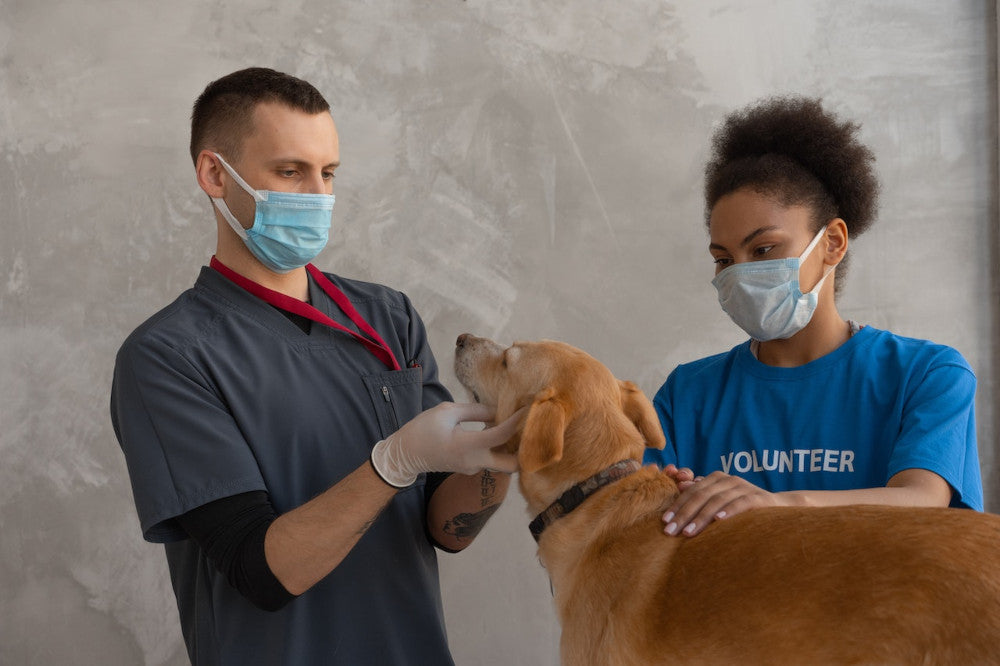
Veterinarians typically wear scrubs and comfortable shoes to work in an office, or khakis and a button shirt paired with muck boots for visiting farms and stables. Some vets wear a white lab coat over office attire, especially when working with small animals in an office environment. Like any medical professional, vets often wear protective items like gloves and masks as well.
Vets take care of animals, but they also strive to make a good impression on the animal's human family by dressing in neat, professional clothing at all times. While a vet may wear jeans and a flannel shirt out into a muddy cow pasture, they will probably not wear shorts, a tank top, or a crop top. Likewise, like most medical professionals, vets keep their clothing neat, clean, and wrinkle-free.
Panaprium is independent and reader supported. If you buy something through our link, we may earn a commission. If you can, please support us on a monthly basis. It takes less than a minute to set up, and you will be making a big impact every single month. Thank you!
Scrubs

Many veterinarians wear scrubs while working with animals. Scrubs consist of loose, boxy pants and a roomy top to allow for easy movement. These specialty medical garments serve as the uniform of many medical professionals because they feel comfortable during long hours and allow for easy cleaning. Scrubs often contain either cotton, polyester, or a specially coated fabric that allows fluids to sluice off for easy cleaning.
MedClean explains that scrubs have many benefits for medical professionals, including preventing cross-contamination from one patient to another and protecting the wearer from many types of body fluids.
White Lab Coat

Just like many doctors, vets frequently wear a white lab coat during consultations or check-ups with pets and their families. The white lab coat is an easy uniform to identify medical professionals, and it provides an air of authority to the vet just like it does for a “people doctor.”
Most of the time, a vet working in an office will wear a white coat over scrubs or over office attire. Office attire in a vet’s office usually has a business casual vibe, consisting of items like button-up shirts, slacks, or polo shirts. You can find the 15 best ethical button-up shirts here.
Long-Sleeved Shirt

Sometimes vets layer a long-sleeved shirt beneath their short-sleeved scrub top for extra warmth. This works better than wearing a cardigan or jacket over the scrubs because the outerwear could get damaged while the vet cared for an animal. At the very least, a vet often ends the day covered in dog and cat fur!
Plus, vets work in all kinds of temperatures, ranging from warm offices to chilly outdoor environments. Take a look at the 15 best affordable men's and women's shirts made in the USA here.
Running Shoes

Despite maintaining an overall crisp and professional appearance, many vets do wear informal sneakers, running shoes, or even boots while on the job. Comfortable shoes are a must when standing up for long hours of pet surgeries and checkups. In fact, even the vet techs assisting in many veterinarian offices wear practical shoes with lots of padding and good support, because they also spend long hours on their feet.
Of course, you also want to make sure you wear sustainably made, eco-friendly shoes to work in a vet’s office! Take a look at the 10 best brands for ethical sneakers here.
Khakis and Button-Up

Vets who work with large animals, such as equine vets, often do not wear scrubs or a white coat Instead, they dress in neat khakis and a button shirt, or khakis and polo, and pair this ensemble with practical boots. Depending on the setting, vets may also wear a shirt with a logo to identify their occupation. You see this a lot for vets who work in a science center or zoo, for example.
Looking for a pair of professional-looking khakis to wear to work? Check out the 15 best affordable chinos and khakis here.
Hiking Boots or Muck Boots

Another key difference for vets who do site visits to a farm or barn is in the footwear they select. A vet visiting a farm will wear protective boots like muck boots for a rainy day or sturdy hiking or work boots for long walks through pastures and fields.
Take a look at the 10 best affordable and sustainable boot brands here.
Gloves

Vets frequently wear gloves when working with animals, to protect themselves and also to avoid cross-contamination between one patient and another. Like most medical professionals, many vets use disposable medical gloves for the best protection.
The American Veterinary Medical Association notes that wearing hand protection (including both medical gloves and gauntlet-style protection gloves) can protect the wearer from bacteria, animal bites, and much more!
Mask

A face mask also serves as an important element of PPE for many vets. This matters when using certain chemicals for lab tests as well as in certain potentially hazardous situations with animals.
In many cases, such as during an operation, the mask protects the animal more than the human. It prevents lots of dangerous germs from entering open wounds and causing infections, as you can see in this article from the Veterinary Nurse.
Back-Up Outfit

Most vets keep a backup outfit in the car or in the office for emergency situations. After all, vets deal with sick animals vomiting or expelling even more noxious fluids on a daily basis! It makes sense to always have a set of clean clothes on hand to change into if necessary.
Vets working out on a farm or in a zoo may also pack extra socks and an extra pair of boots for days when their footwear gets waterlogged. You can find the 20 best affordable and organic cotton socks here.
Contact Lenses Vs Glasses

In some cases, vets wear glasses rather than contact lenses because of exposure to certain chemicals in a lab environment. Some vet office dress codes and safety guidelines today require glasses instead of contact lenses because both vets and vet techs do run a wide range of tests, such as taking bloodwork or urine samples to look for markers showing signs of poor health in an animal.
While some vet offices still recommend wearing glasses instead of contact lenses in these situations, other authorities like Rutgers University explain that following careful safety protocols while wearing contact lenses is usually sufficient protection.
Was this article helpful to you? Please tell us what you liked or didn't like in the comments below.
About the Author: Hannah Cobb
What We're Up Against
Multinational corporations overproducing cheap products in the poorest countries.
Huge factories with sweatshop-like conditions underpaying workers.
Media conglomerates promoting unethical, unsustainable products.
Bad actors encouraging overconsumption through oblivious behavior.
- - - -
Thankfully, we've got our supporters, including you.
Panaprium is funded by readers like you who want to join us in our mission to make the world entirely sustainable.
If you can, please support us on a monthly basis. It takes less than a minute to set up, and you will be making a big impact every single month. Thank you.

















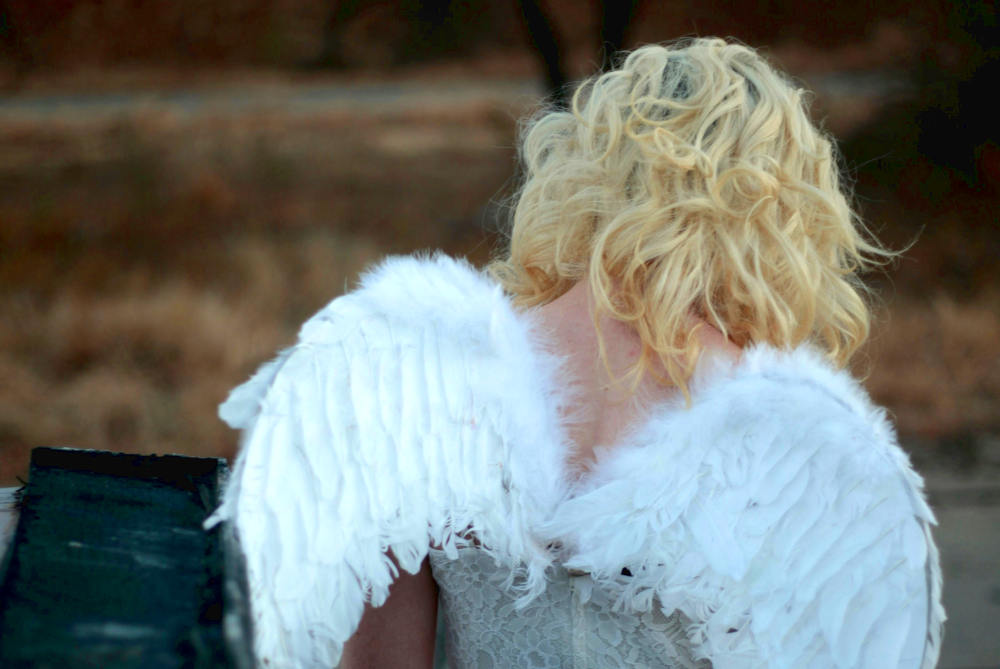
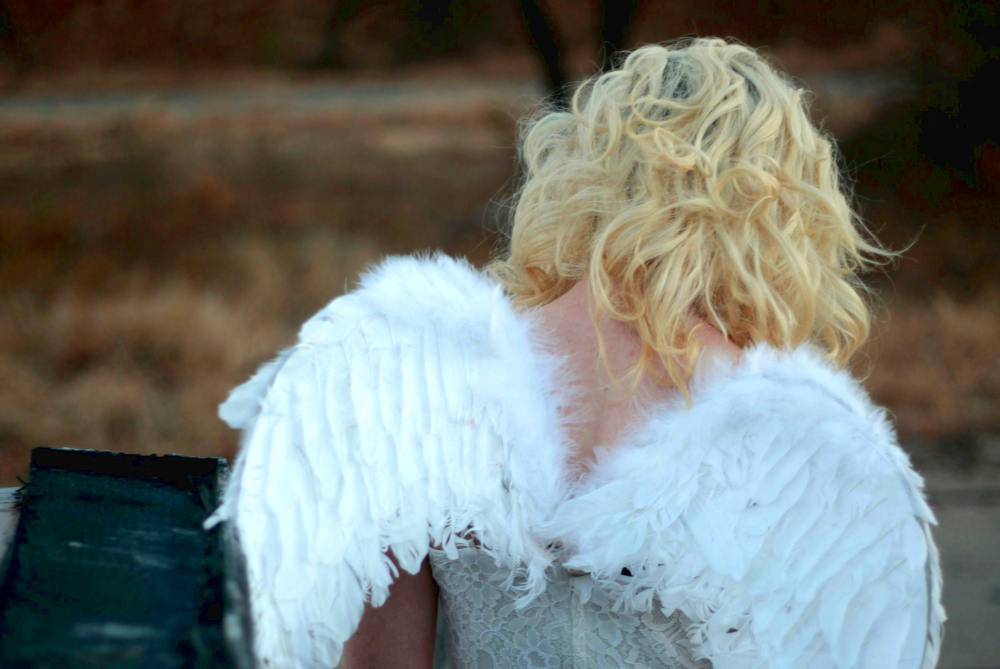
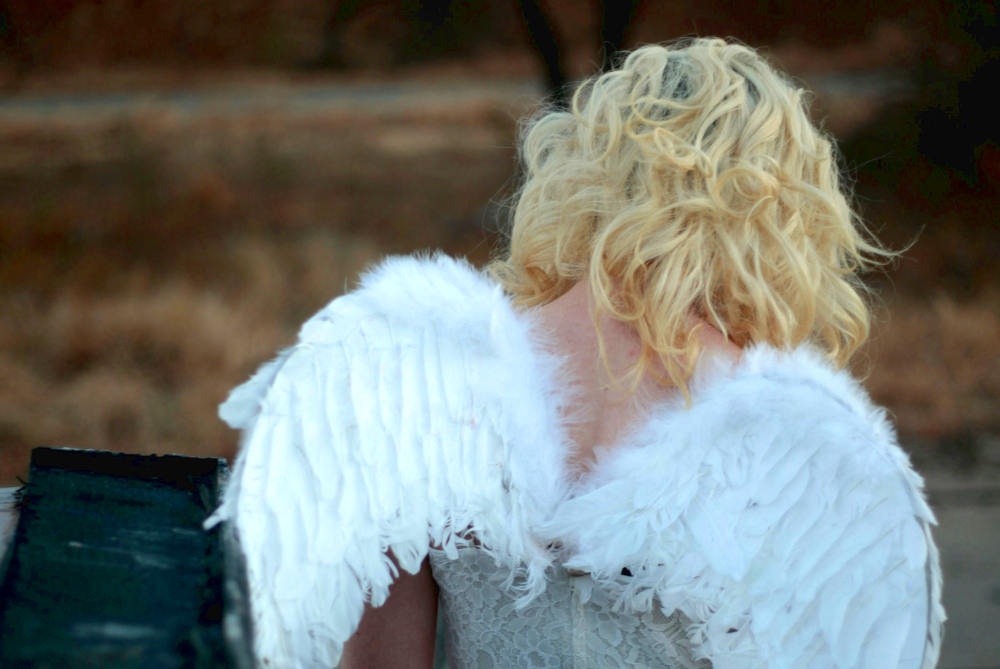
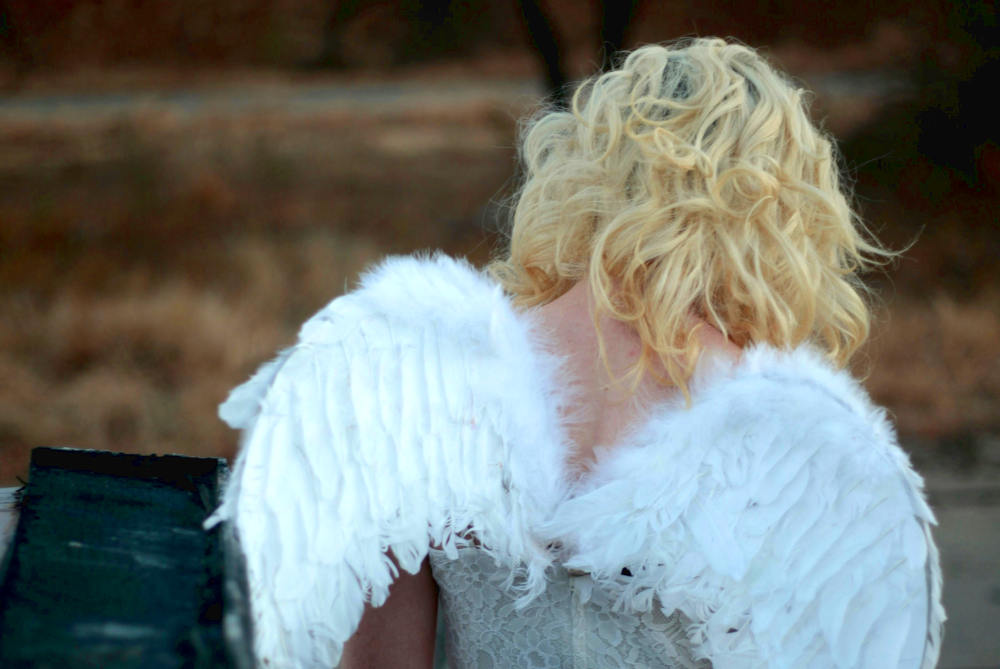










0 comments